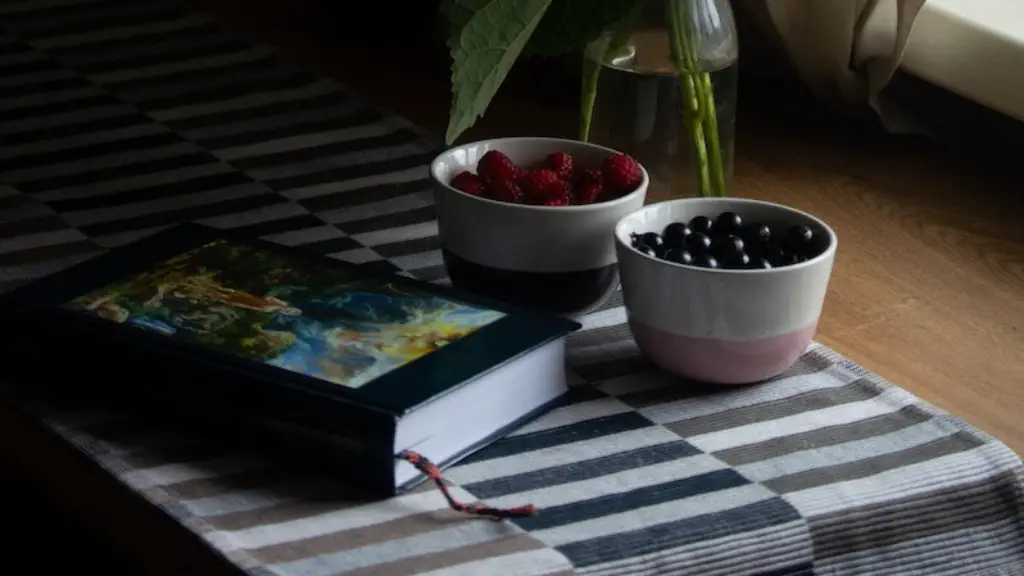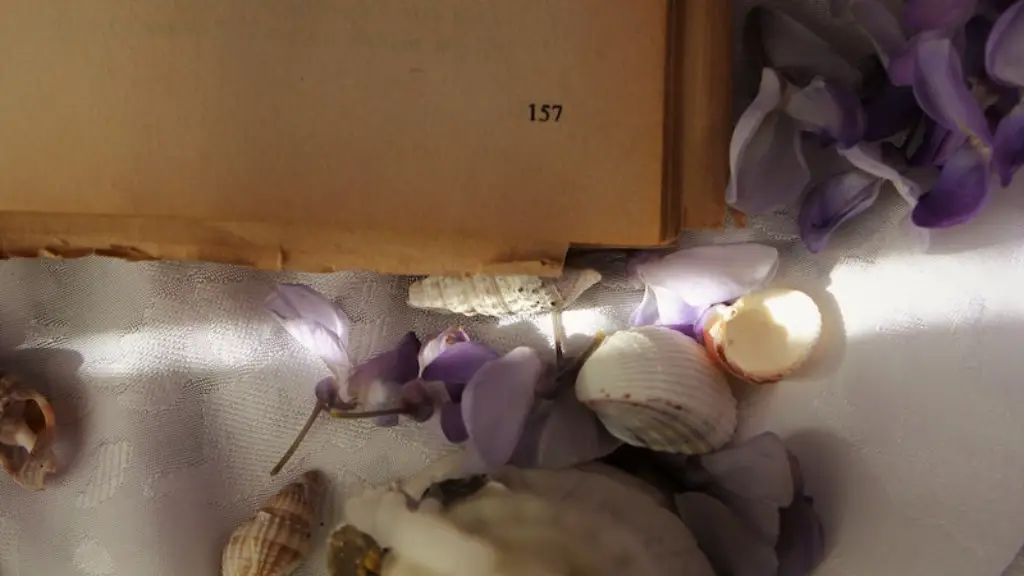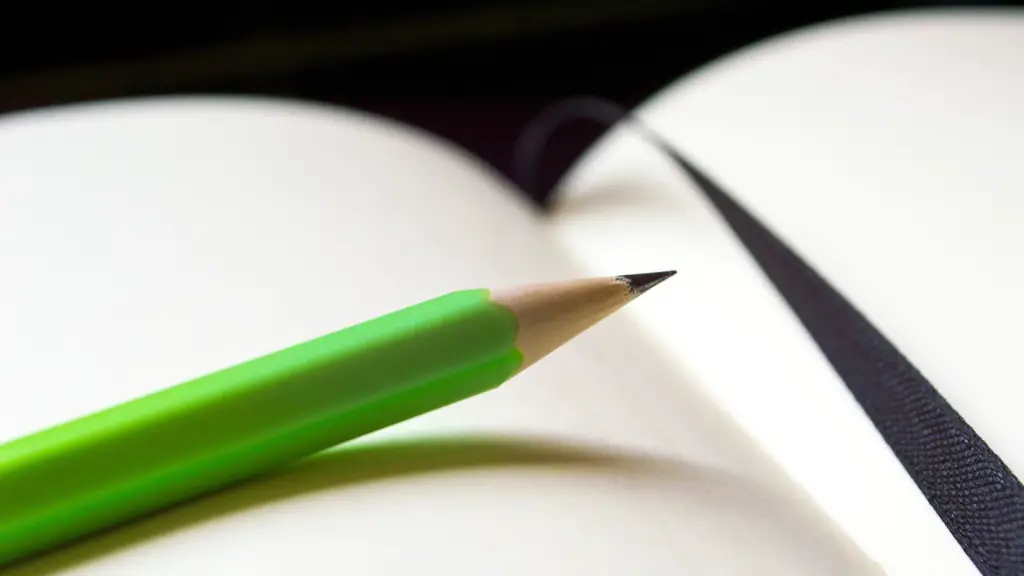Introduction
Good poetry has been a source of inspiration, empowerment, and entertainment for many different cultures throughout the centuries. It has been used to record history, celebrate joy, and share stories of struggles. Poetry can have a varied form and be written in many ways. It generally uses special linguistic features like rhythm, metaphor, and wordplay to communicate honestly and openly with the readers and listeners. In this article, we will discuss the characteristics, styles, and applications of good poetry and provide some information on its origins and other elements.
Characteristics of Good Poetry
Good poetry is usually both distinct and meaningful. Its rhyme and rhythm can add structure and dynamics to the words, helping the poet to communicate their ideas more effectively. Its meter, or syllables per line, is important for maintaining the flow of the poem and allowing readers to easily follow along. In addition, metaphors and similes are often used to make complex concepts clearer and to lift the language from the mundane and into something special. Furthermore, good poetry is often packed with expression and emotion that are not possible with shorter, everyday speech.
Styles of Poetry
Poetry can be structured in a range of ways, and varies between traditions, cultures, and languages. Common styles of poetry include free verse, lyric, and sonnets. Free verse has no set rhyme or metre and is not bound to any specific structure. Lyric poetry is characterised by its focus on personal emotion and experience. Sonnets are usually written in iambic pentameter and can have a variety of rhyme schemes, though the most popular is the Shakespearean sonnet.
Applications of Poetry
Poetry has had many practical applications throughout the ages. It has been used to record stories and in the form of song lyrics can be used to entertain. It has also been used to educate and instill morality, with tribes in many cultures using poetry for ceremonial purposes. In addition, poetry can offer emotional support and comfort during tough times, with people of all backgrounds turning to poets for solace.
Origins of Poetry
The origins of poetry are unclear but evidence from ancient cultures suggest that it has been around for thousands of years. One of the earliest known pieces of literature is the Sumerian Epic of Gilgamesh, written around 2000 BCE. This text is thought to have influenced the literature of other ancient cultures, such as the ancient Greeks and Romans. In addition, much of our modern poetry can trace its roots back to the works of classic poets, like John Milton and William Shakespeare.
Analysis of Poetry
Good poems often rely on implicit themes, messages, and ideas that can be hard to parse. As such, it is often helpful to analyse the language, structure, and imagery of a poem in order to unlock its meaning and discover its hidden depths. This can be done by breaking the poem down into smaller elements and exploring each one in turn, or by using tools such as the etymological dictionary or a thesaurus to gain insight into unfamiliar words and phrases.
Writing Poetry
Writing good poetry can take years of practice and dedication. It is important to brainstorm ideas, to read and write as much as possible, and to experiment with different styles and approaches. Poets should also be willing to accept constructive criticism and to adjust their work to make it stronger. Furthermore, it is important to be aware of the current trends in poetry in order to create something both fresh and engaging.
Modern Technologies and Poetry
The rise of digital technologies has had a huge impact on modern poetry. Social media platforms have provided poets with unprecedented access to new and wider audiences, allowing them to share their work with the world. Automated lyric generators and conversations bots can help poets to generate and experiment with new ideas and structures. In addition, smart phone tools can help to analyse and critique existing poems, as well as aid poets in improving their writing.
Poetry Festivals
Poetry festivals have grown in popularity over the last few decades, opening up the art form to new audiences and embracing a variety of styles and approaches. Poetry festivals are often used to raise funds for charities or other causes, as well as to provide poets with an opportunity to connect with other writers and gain exposure for their work. They are also great places to learn new techniques, get advice and support, and to discover new ideas.
Research and Education
Good poetry is an ever-evolving art form, and research and education can help poets to stay up to date and to test and develop new ideas. Poets can learn about traditional and modern elements of poetry, such as use of metre, or read and analyse the work of classic and modern poets. In addition, online forums and dedicated poetry courses can provide poets with new perspectives and helpful advice.
Conclusion
Good poetry is a source of enjoyment and contemplation, as well as a valuable method for communication and expression. Its characteristics, history, and applications, as well as its various styles and forms, have allowed it to remain fresh and engaging throughout the centuries. Furthermore, modern technologies and research can help to break down barriers and make good poetry more accessible than ever before.


